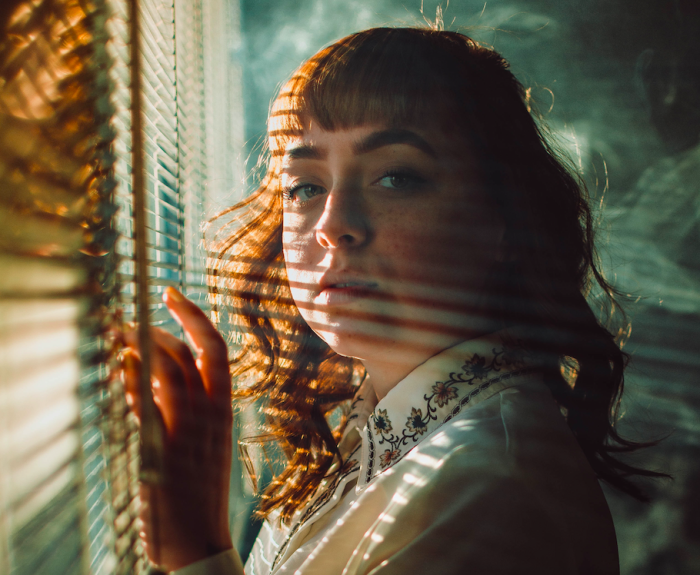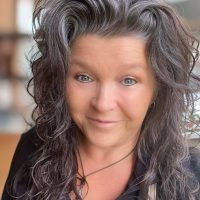A life-affirming glow of creamy orange and yellow lined the Boston horizon, signaling the breaking of another crisp, autumn day.
A sharp contrast to the pale, weary face of the ill man before me. I had sat in a chair at the foot of his bed, for much of the past 12 hours, in the eastern-facing room of the hospital tower.
Experiencing the third recurrence of aggressive cancer in many years, Ian had undergone surgery to remove tumor tissue. A long drainage tube still remained in his chest wall. The longer the tube could remain in place, the more fluid it would remove. The more fluid it removed, the greater chance that the intervention would do what it set out to do: help him to live a bit more functional and comfortable for the next, and last, phase of his life.
Most of his night was spent in limbo between drifting off to sleep after a dose of morphine and waking up in pain from the drain tube. Comfort remained just out of reach. We had tried heat, cool, numerous repositions and, still, he had terrible pain. He was determined, despite his suffering, to stay the course.
“I never was a morning person,” Ian said, in a dry, scratchy voice, waking once again, drawing my attention to him and away from the rising sun.
“No?” I said apologetically, stepping urgently toward the window, “I am so sorry. I can pull the blinds. I didn’t even think to ask…”
“No, please leave it,” he explained, “I never used to like mornings. I was always more of a night owl…until my son was born.” I listened, as I straightened his bedding and fluffed his pillows.
“James came into the world at the crack of dawn, and I think for the five years he has been alive he has been awake that same time every day,” Ian chuckled, which caused him to grimace and hold his side. But, it didn’t stop his flow, “I used to get so frustrated, holding tight to my ‘I hate mornings’ club card, until one morning when he was about four months old. The lightbulb in his room blew so I opened the curtains simply to be able to see, and there before me, was the most beautiful sunrise. I looked down at James, kicking and wriggling, wide-eyed and smiling. I picked him up and we faced the first colors of the day’s light together. That became our routine,” Ian smiled softly, “If it wasn’t for James, I would have missed a lot of sunrises.”
As I took a moment to consider how to respond, the surgical team entered the room and rounding began. I bid Ian a good day and wished him well. I gave my report to the incoming nurse, and my shift ended. Off for the next few days, as it often goes in hospital nursing, I never saw Ian again.
I believe life-limiting illness has a way of offering a lesson to those who encounter it: an intense appreciation that our days are, and have always been, numbered; that every moment matters.
I thought of Ian often in the months that followed; so grateful to have known him. There is a poem that posits that when someone is in your life for a reason, it is generally because you have, in one way or another, expressed a need. At that time, I longed to discover my life’s purpose. That was my need.
Journaling about all the questions that my time with Ian raised for me, I was inspired by our time together. I researched and studied mindfulness, life quality, and palliative care. I was impelled to ponder the depth and breadth of the present and remember that every moment is a gift.
Ten short months later, Ian’s inspiration would be put to the test when our family suffered the sudden loss of our son, Casey, in an alcohol-related accident. I was challenged to learn, firsthand, to seek the beauty in each sunrise despite the grief, sadness, regret, and personal struggles.
Ian’s shared experience of stretching beyond his comfort zone and choosing to open the shades and seek the sunrise encouraged me toward the daybreak of a nursing specialty change. Three months after Casey’s death, I took my first position as a hospice nurse. In that choice, I found a huge piece of myself that was always there: I simply needed to open the shades and let in the light.
I have learned that the purest form of gratitude is the joy we seek, and find, amidst the pain and sorrow of this life. It is the fuel for strength in times of struggle. It is the way that those whose sun has set may live on through the lives of those they have touched.
Choosing gratitude is the way we may find purpose and peace in every breath until we draw our very last one.












Read 8 comments and reply